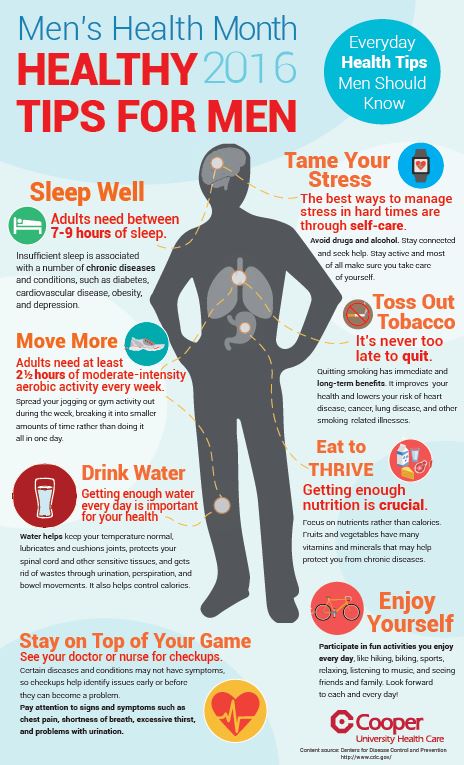June is dedicated to raising awareness about men’s health, a crucial aspect of overall well-being often overlooked. Do men have a month? Yes, and it’s a time to shed light on the unique health challenges men face and encourage them to prioritize their physical and mental health. This article will delve into the significance of men’s health awareness, the importance of preventive care, common health concerns affecting men, and practical tips for improving well-being.
Men’s Health Awareness
Men’s health awareness is paramount because it empowers men to take control of their health and make informed decisions. Historically, men have often been reluctant to discuss health issues or seek medical attention, leading to delayed diagnoses and potentially serious consequences. Raising awareness helps break down these barriers by encouraging open conversations about health concerns and promoting a culture where men feel comfortable seeking help.
By understanding the specific health risks men face, they can take proactive steps to mitigate them. This includes adopting healthy lifestyle habits, undergoing regular screenings, and being aware of warning signs that may indicate underlying health problems. Increased awareness also allows for better support systems and resources tailored to men’s needs.
Importance of Preventive Care

Preventive care plays a vital role in maintaining good health and preventing serious illnesses. For men, this means adopting healthy habits early on and continuing them throughout life. Regular checkups with a doctor allow for early detection of potential problems and prompt intervention.
Screenings for common conditions such as prostate cancer, heart disease, and diabetes are crucial for men of certain ages. Vaccinations protect against preventable diseases, while maintaining a healthy weight, engaging in regular physical activity, and following a balanced diet contribute significantly to overall well-being.
Common Health Concerns in Men
Men face unique health challenges throughout their lives. Some common concerns include:
Cardiovascular Disease
Heart disease is the leading cause of death for men worldwide. Factors such as high blood pressure, cholesterol, smoking, and lack of physical activity increase the risk.
Prostate Cancer
Prostate cancer is a common malignancy affecting men, particularly as they age. Regular screenings can help detect the disease early when treatment is most effective.
Mental Health Issues
Men often struggle with mental health issues such as depression, anxiety, and stress. Societal expectations and stigma can prevent them from seeking help. It’s crucial for men to prioritize their mental well-being and seek support when needed.
Testosterone Deficiency
As men age, testosterone levels naturally decline. This can lead to symptoms such as fatigue, low libido, and muscle loss.
Tips for Improving Men’s Well-being

Taking charge of your health is essential. Here are some tips for improving men’s well-being:
- Eat a healthy diet: Focus on fruits, vegetables, whole grains, lean protein, and healthy fats. Limit processed foods, sugary drinks, and saturated fat.
- Exercise regularly: Aim for at least 30 minutes of moderate-intensity exercise most days of the week. Find activities you enjoy to make it sustainable.
- Get enough sleep: Most adults need 7-8 hours of quality sleep per night. Establish a regular sleep schedule and create a relaxing bedtime routine.
- Manage stress: Practice stress-reducing techniques such as meditation, yoga, deep breathing exercises, or spending time in nature.
- Limit alcohol consumption: Excessive alcohol intake can have detrimental effects on health.
- Don’t smoke: Smoking is a major risk factor for numerous health problems. Quitting smoking is one of the best things you can do for your health.
- Schedule regular checkups: See your doctor for annual physicals and screenings as recommended.
Conclusion
Do men have a month? Yes, and it’s a crucial reminder to prioritize their well-being. By raising awareness about men’s health issues, encouraging preventive care, and adopting healthy lifestyle habits, men can take control of their health and live longer, healthier lives. Remember, taking care of your physical and mental health is an investment in your future.



